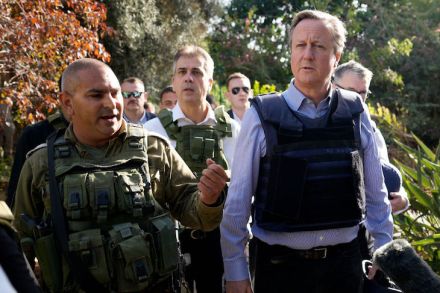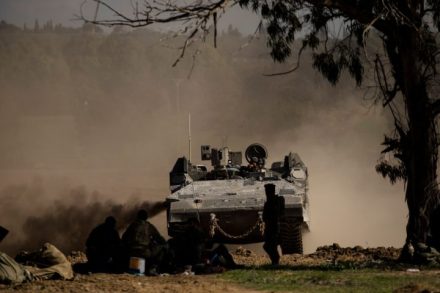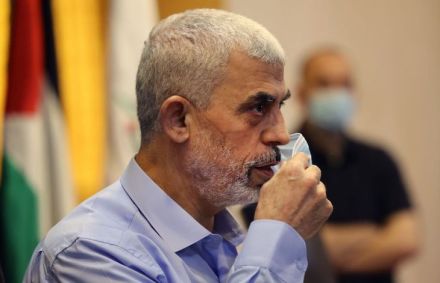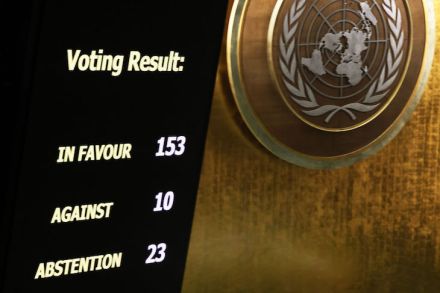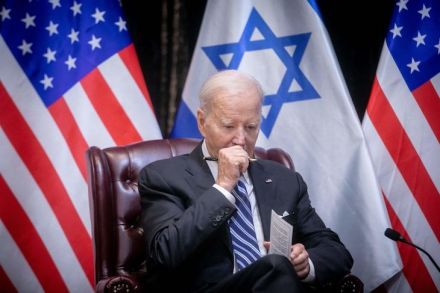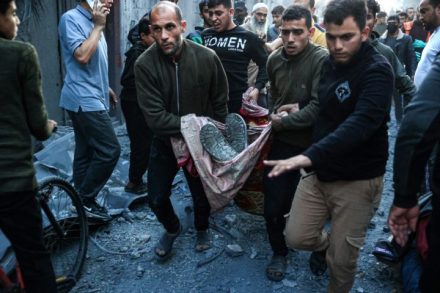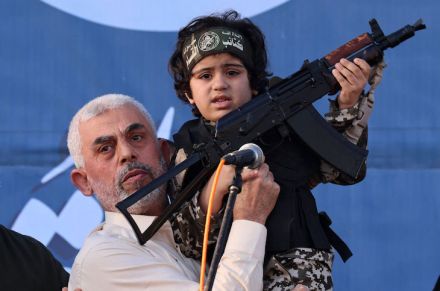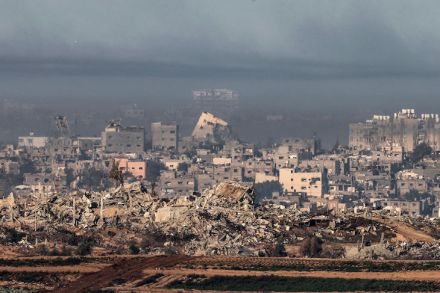How Hamas radicalised Israel’s liberals
I have visited Israel three times in the past year. The first trip was in the spring, just as the anti-government protests – triggered by Benjamin Netanyahu’s attempts to control the Supreme Court – were beginning. The day before we travelled, protestors forced Tel Aviv’s Ben-Gurion airport to close, and a general strike was announced. Every Saturday night, out went the protestors – mostly liberal and secular, but not entirely, so widespread is frustration with the government. ‘You could not be seen sitting and drinking wine on a Saturday night’, Moran Alon, the owner of the Nilus bar in Tel Aviv told me. ‘People would wonder: why aren’t you at



